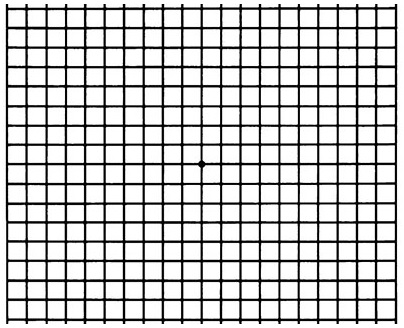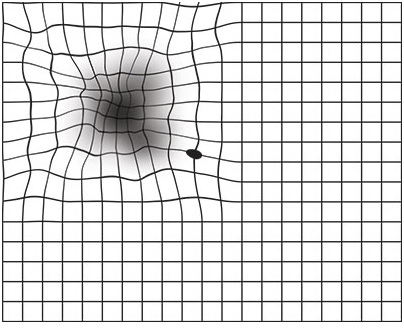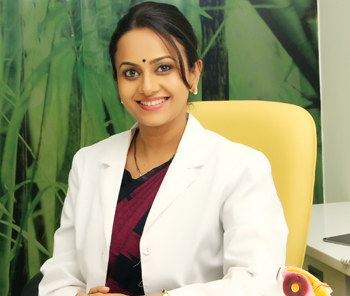


Years of Experience

No of Surgeries

Patients Treated

Hrs Of Operations
AMD causes your vision to change over time or in case of recurrence of swelling in macula. You may not notice these changes when they happen. But you need to catch vision changes as soon as possible. Treating them early can help slow or stop further loss of sight.
You should use an Amsler grid every day to monitor your vision. One is below for you to use.
Here is how to use the Amsler grid:
Call your ophthalmologist right away if you notice that any lines or parts of the grid look wavy, blurry, or di


This is what an Amsler grid might look like with blurry, wavy lines, or dim areas.

Dr. Shrutika Junagade Kankariya, (MBBS, DNB, FICO, Fellow Retina and Diabetes Eye Disease) is an advanced medical retina, diabetic eye disease and cataract expert. She completed her medical college training from prestigious and one of the best medical college in India, Seth GS medical college and KEM hospital, Mumbai. She completed her ophthalmic education at one of the finest eye institute in Asia; Sankara Netralaya ,Chennai, under the aegis of diplomat of the national board (DNB). She has obtained FICO UK (Fellow international council of ophthalmology, united kingdom. Thereafter she underwent advanced fellowship in retinal disorders at sankara netralaya Chennai (Busiest center catering to referrals for retinal disorders from all over Asia).